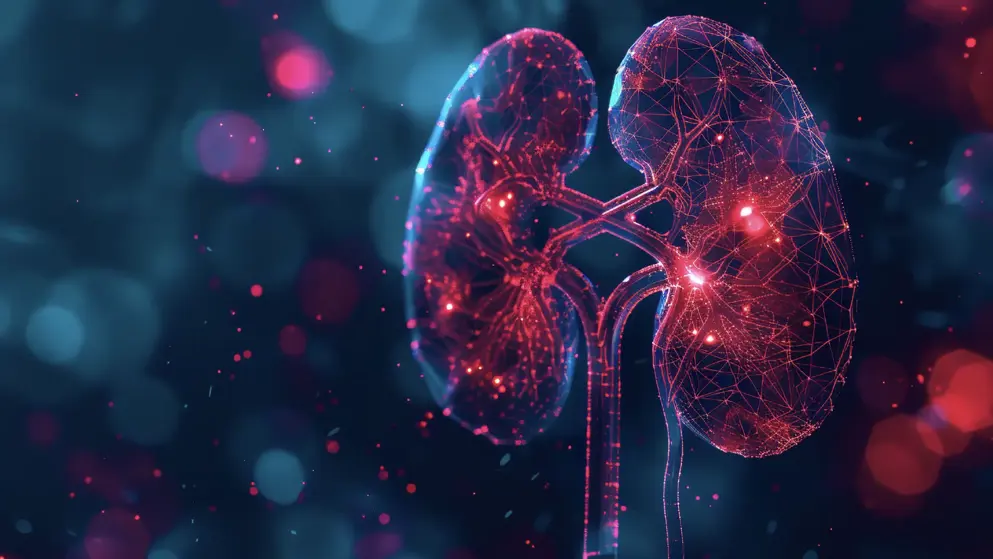
Fabhalta (iptacopan) data show clinically meaningful and statistically significant proteinuria reduction of 38.3% versus placebo for patients with IgA nephropathy
Novartis presented results from a pre-specified interim analysis of the Phase III APPLAUSE-IgAN study of Fabhalta (iptacopan), an investigational Factor B inhibitor of the alternative complement pathway, in patients with IgA nephropathy (IgAN)
In the analysis, patients treated with Fabhalta achieved a 38.3% (p<0.0001) proteinuria reduction (as measured by 24-hour urine protein to creatinine ratio [upcr]) at 9 months when compared to placebo on top of supportive care.
Proteinuria reduction is an increasingly recognized surrogate marker correlating with progression to kidney failure and has been used as an endpoint in IgAN clinical trials to support accelerated approvals. The study also showed that Fabhalta well tolerated with a favorable safety profile consistent with previously reported data. Results were presented during a late-breaking clinical trials session at the World Congress of Nephrology (WCN) in Buenos Aires, Argentina.
“In IgAN, part of the immune system called the alternative complement pathway can become overly activated in the kidneys, which causes an inflammatory response, leading to progressive kidney damage and gradual loss of kidney function. The loss of kidney function, together with potential side effects of IgAN treatments available until recently, significantly impact patients’ lives,” said Professor Dana Rizk, Investigator and APPLAUSE-IgAN Steering Committee Member and professor in the UAB Division of Nephrology. “Fabhalta is the first potential treatment for IgAN that specifically targets the alternative complement pathway.”
This pre-specified interim analysis included 250 patients for the efficacy analysis and 443 for the safety analysis. The APPLAUSE-IgAN study continues in a double-blind fashion, and therefore only limited interim analysis results can be presented. Submission for possible accelerated approval to the FDA was accepted and has received priority review. The primary endpoint evaluating Fabhalta's ability to slow IgAN progression by measuring the annualized total estimated glomerular filtration rate (eGFR) slope over 24 months is expected at study completion in 2025.
“IgAN progresses over many years, and patients’ needs may evolve such that different therapies may be best used at different times,” said David Soergel, M.D., Global Head, Cardiovascular, Renal and Metabolism Development Unit, Novartis. “Our renal pipeline includes medicines with a variety of mechanisms which may allow them to be targeted to patients based on their clinical characteristics.”
Other data presented at WCN include IgAN and C3 glomerulopathy (C3G) real-world studies. Novartis will be presenting further data from the renal portfolio at future medical meetings.
About APPLAUSE-IgAN: APPLAUSE-IgAN (NCT04578834) is a Phase III multicenter, randomized, double-blind, placebo-controlled, parallel-group study to evaluate the efficacy and safety of twice-daily oral Fabhalta (200 mg) in 518 adult primary IgAN patients. The two primary endpoints of the study for the interim and final analysis, respectively, are proteinuria reduction at 9 months as measured by UPCR, and the annualized total eGFR slope over 24 months. At the time of final analysis, the following secondary endpoints will also be assessed: proportion of participants reaching UPCR less than 1 g/g without receiving corticosteroids/immunosuppressants or other newly approved drugs or initiating new background therapy for treatment of IgAN or initiating kidney replacement therapy (KRT), time from randomization to first occurrence of composite kidney failure endpoint event (reaching either sustained greater than 30% decline in eGFR relative to baseline or sustained eGFR less than 15 mL/min/1.73 m2 or maintenance dialysis or receipt of kidney transplant or death from kidney failure), change from baseline to 9 months in the fatigue scale measured by the Functional Assessment Of Chronic Illness Therapy-Fatigue questionnaire.
The main study population enrolled patients with an eGFR greater than 30 mL/min/1.73 m2 and UPCR greater than 1 g/g at baseline. In addition, a smaller cohort of patients with severe renal impairment (eGFR 20–30 mL/min/1.73 m2 at baseline) was also enrolled to provide additional information but will not contribute to the main efficacy analyses.

